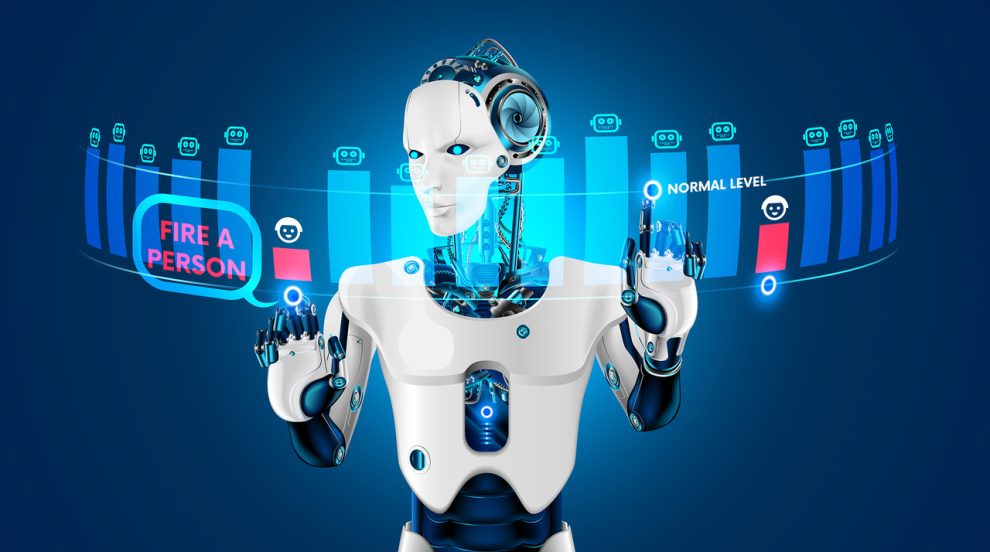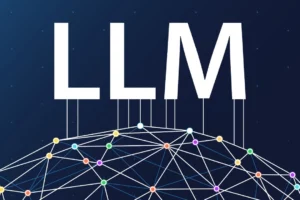The relentless march of Artificial Intelligence (AI) promises to revolutionize our world, automating tasks, boosting productivity, and driving innovation. However, amidst the excitement lies a growing concern: technological unemployment. As AI surpasses human capabilities in specific jobs, the fear of mass job displacement and economic hardship becomes a stark reality.
While acknowledging the potential disruption, we must not succumb to dystopian visions. Instead, let’s leverage this transformative period to proactively address AI-driven unemployment through well-crafted policy recommendations. This blog dives deep into the intricacies of this complex issue, exploring policy solutions and paving the path towards a future where AI strengthens, not disrupts, the human workforce.
Understanding the Scope of the Challenge
Predicting the exact impact of AI on employment remains an intricate task. Studies by Oxford University and McKinsey Global Institute estimate that between 7% and 46% of jobs in developed economies are at risk of automation by 2030. These figures highlight the significant potential for job displacement, particularly in routine-heavy occupations like manufacturing, transportation, and administrative roles.
Beyond Job Losses: The Evolving Landscape
However, the impact extends beyond immediate job losses. AI will likely exacerbate existing inequalities, disproportionately affecting lower-skilled workers and specific geographic regions. Additionally, the nature of work itself will undergo a paradigm shift, necessitating continuous reskilling and upskilling to remain relevant in the evolving job market.
Policy Recommendations for a Mitigated Future
Given the multifaceted nature of the challenge, a multi-pronged policy approach is crucial:
1. Education and Upskilling
- Invest in STEM education: Equip future generations with the skills needed to thrive in an AI-powered world. This includes promoting computer science, data analysis, and critical thinking skills from a young age.
- Lifelong learning initiatives: Support continuous learning opportunities for existing workers through government-funded training programs, tax breaks for upskilling courses, and partnerships with educational institutions and industry leaders.
2. Universal Basic Income (UBI)
- Implement a UBI scheme that provides a guaranteed income to all citizens, regardless of employment status. This would offer a safety net for individuals displaced by automation, allowing them to pursue education, retrain, or start their own businesses.
3. Labor Market Reforms
- Modernize unemployment insurance: Adapt regulations to cater to the changing nature of work, offering more flexible benefits and training opportunities for displaced workers.
- Reduce workweeks: Explore the feasibility of shorter workweeks to share available jobs more equitably, while promoting work-life balance and potentially stimulating consumer spending.
4. Ethical Development and Governance
- Develop ethical guidelines for AI development and deployment: Ensure transparency, accountability, and fairness in AI implementation, mitigating potential biases and promoting responsible use of the technology.
- Invest in research and development: Support research efforts towards human-centered AI, focusing on technologies that complement and augment human capabilities, rather than replacing them entirely.
5. Fostering Innovation and Entrepreneurship
- Incentivize job creation in emerging sectors: Encourage investments in industries that are less susceptible to automation, such as green technology, healthcare, and education.
- Promote entrepreneurship: Provide support for individuals seeking to start their own businesses, fostering a spirit of innovation and creating new job opportunities.
Navigating the Future Together
The issue of technological unemployment necessitates open dialogue, collaboration, and a commitment to responsible innovation. By actively shaping policies that prioritize skills development, social safety nets, ethical AI development, and job creation, we can ensure that technological advancements empower everyone, building a future where humans and AI work together, not against each other.
















Add Comment